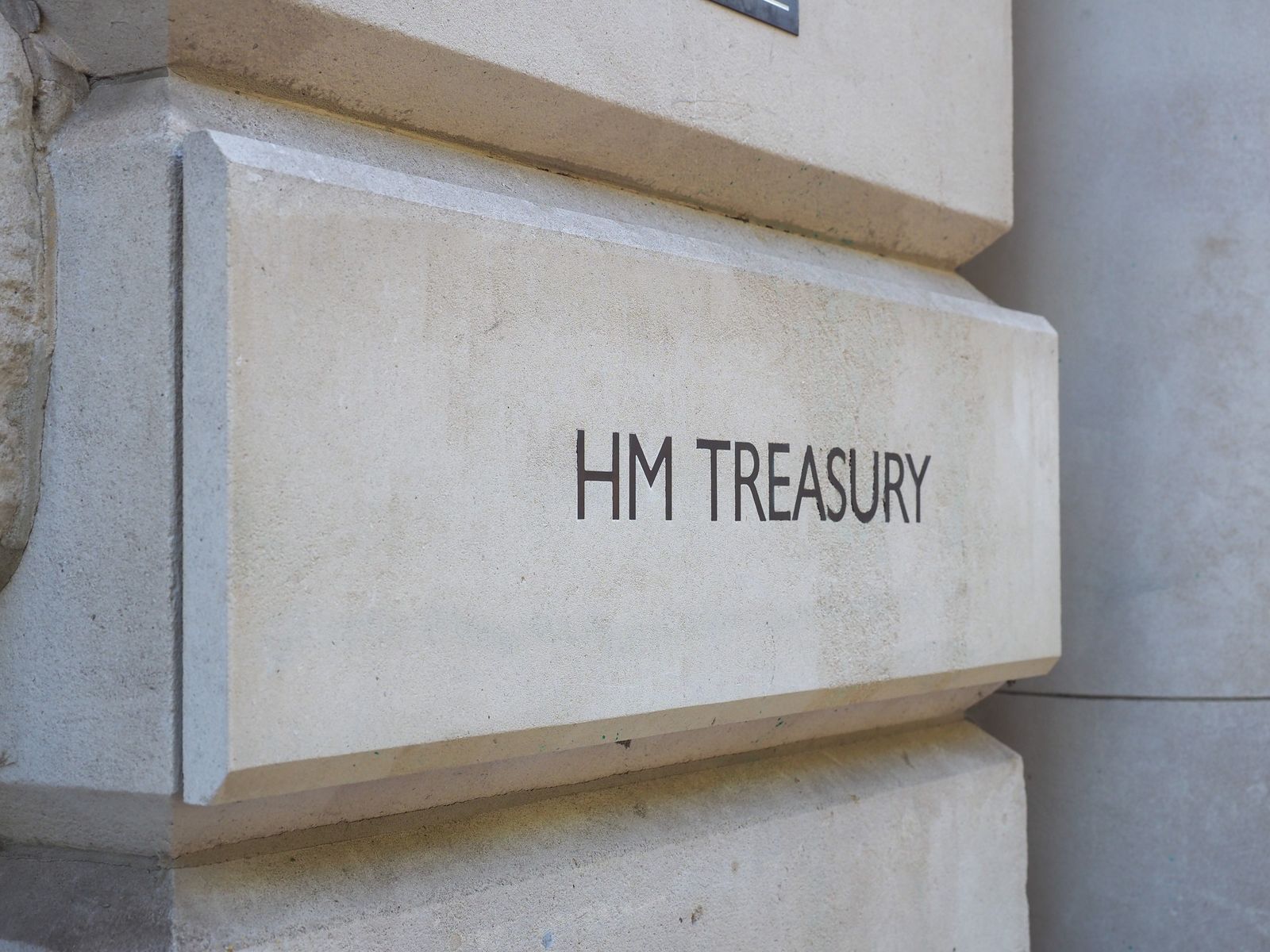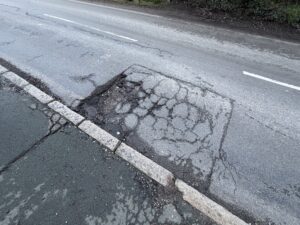The Chancellor, Rachel Reeves, has pledged an extra £500 million for highway maintenance in a Labour government’s first budget for 14 years.
This will bring the total amount for highway maintenance in England this year to approximately, just over £1.625 billion.
Funding will be devolved to local authorities next year with exact allocations to be decided.
Scotland, Wales and Northern Ireland will also be given sums to deal with the problem.
The current funding for highway maintenance is:
HMB Needs element: £500 Million
HMB Incentive element: £125 Million
Pothole funding: £500 Million
Extra funding added in the budget: £500 million
Total: £1.625 billion
The new funding is understood to be nearly 50 per cent more money than road-fixing promises made by the previous government for this financial year. She said: “For too long, potholes have been an all too visible reminder our failure to invest as a nation today, that changes with £500 million pounds increase in both maintenance budgets next year, more than delivering on our manifesto commitment to fix an additional one million potholes each year, we will provide over £650 million of local transport funding to improve connections across our country in towns like and in our villages and rural areas from Cornwall to Cumbria.”
However, at the time of going to pixel, it was unclear whether the extra £8 billion over 10 years promised by the previous government would be kept or not, but news on this is unlikely until the longer-term Spending Review in the Spring.
Elsewhere in the budget Ms Reeves announced a continued freeze on fuel duty and on Electric Vehicles said: “We want to support the take up of electric vehicles, so I will maintain the incentives for electric vehicles in company car packs from 2028 and increase the differential between fully electric and other vehicles in the first year, rates of vehicle excise duty from April 2025 these measures will raise around £400 million pounds by the end of the forecast period.”
She also confirmed that the bus fare cap will be set at £3 next year.
Although specific spending will be announced later, it looks like the Department for Transport will face a two per cent budget cut when she said: “We are setting a two per cent productivity, efficiency and savings target for all departments to meet next year by using technology more effectively and joining up services across government as set out in our manifesto. We will deliver a new approach to public service reform, using technology to improve public services and taking a zero based approach so that taxpayers money is spent as effectively as possible, and so we focus on delivering our key priorities.”
There was also an announcement of funding projects around a metro extension in the West Midlands, the renewal of Sheffield super trap and the West Yorkshire mass transit, including in Bradford and Leeds.
REACTION:
John Hutton, the former cabinet minister who now chairs the Association of Infrastructure Investors in Public Private Partnerships, said: “The Chancellor’s commitment to public investment in new infrastructure is to be welcomed. However, it will be impossible to get the scale of investment needed to get Britain building again without private financing. The UK is one of the only countries in the developed world that doesn’t use public private partnerships to build new schools, hospitals and transport. We need a modern partnership between the private and public sectors that addresses the issues of the past if we’re avoid another lost decade of British infrastructure.”
On the £500 million on maintenance, RAC head of policy Simon Williams said: “This is positive news for drivers as it should enable cash-strapped local authorities to begin the process of improving the quality of their roads.
“But it’s vital councils don’t just use the money to fill potholes as this is unlikely to deliver the long-term benefit drivers so badly want to see. We believe greater use of preventative maintenance is essential. Surface dressing roads at regular intervals is a proven, cost-effective way of ensuring potholes don’t appear in the first place, along with resurfacing the worst affected roads.”
Regarding the fuel duty freeze, he said: “Drivers will breathe an enormous sigh of relief after all the speculation that the 5p cut would be scrapped at the same time as pushing duty up beyond the long-term rate of 57.95p.
“It’s good to see the Government firmly recognising the importance of the car to millions of households up and down the country. Eight-in-10 drivers tell us they are dependent on their vehicles for the journeys they need to make, while 70% of commuters who live in rural areas have no other feasible alternatives to get to work beyond taking the car.
“It’s also worth remembering that even as of today 56% of the total price of a litre of petrol is already tax in the form of fuel duty, and the VAT that is charged on top.”
Max Sugarman, Chief Executive of Intelligent Transport Systems UK (ITS UK), said: “Today, the Chancellor confirmed an extension to the freeze on fuel duty for another year, but ignored the bigger issue of how the Government will offset the revenue loss from falling fuel duty as the UK vehicle fleet transitions to electric. As ITS UK set out in its Budget Submission, the UK needs to take a long term approach, and Government needs to outline plans for distance-based road pricing that incentivises the fairer and sustainable use of the transport network. ITS UK members have the expertise, skills and knowhow to deliver a national scheme effectively, but require the political vision and will to create a more equitable and future-ready system.
“It is positive to see increased funding for City Region Sustainable Transport Settlements, for EV charging infrastructure, rail projects and road maintenance across the UK. Transport technology has a key role to play in all these areas and in supporting a greener, more efficient and seamless transport network. Whether through better roadside technology, demand responsive transport, mobility as a service or the more effective use of data, we look forward to working with the Government to deliver its ambitions for transport.”
Meanwhile, Howard Cox, Founder of FairFuelUK added: “I am delighted that Rachel Reeves has listened to FairFuelUK supporters and her Party MPs’ constituents. She finally recognises that keeping Fuel Duty frozen is at the core of a laudable journey to economic growth. So, Rachel, that’s a great start. But please don’t rest on your laurels. Let’s build the first-ever road-user transport strategy that benefits the economy without your party’s false and emotional, scientifically baseless belief that the UK is the only country to save the planet and the motorist is to blame for all the environmental ills. That costly brainwashing must stop now. Start incentivising the UK’s 37m drivers and stop seeing them as an easy cash cow.”
(Picture – Yay Images)






















